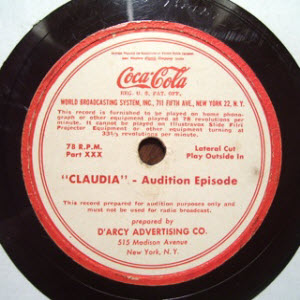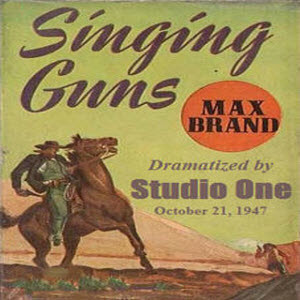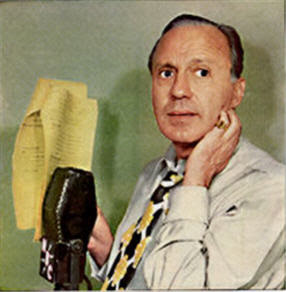Curtis grew up in an impoverished section of the Bronx, and had joined a street gang by the age of eleven. He joined the Navy in 1943, and after the war, attended the City College of New York and took acting lessons at the Dramatic Workshop. In 1948 he moved to California and was placed under contract by Universal Studios, making his screen debut in Criss Cross (1948). Soon afterward, his good looks made him a matinee idol, initially under the name James Curtis, and then Anthony Curtis.
A versatile actor, Curtis sought work in a variety of genres in order to avoid being typecast. His first major film was The Sweet Smell of Success (1957). He was nominated for an Academy Award for his performance in The Defiant Ones (1958) with Sidney Poitier. He demonstrated his comedic talent in Billy Wilder’s classic Some Like It Hot (1959) with Marilyn Monroe and Jack Lemmon. Other important films include The Vikings (1958), Spartacus (1960), The Great Imposter (1961) and The Boston Strangler (1968). In the early 1970s, Curtis appeared in a British TV series called The Persuaders, and in 1977 he wrote his first novel Kid Andrew Cody & Julie Sparrow.
Curtis enjoyed a close friendship with Hollywood’s “Rat Pack,” a group of entertainers which included Frank Sinatra, Dean Martin, Sammy Davis, Jr., Joey Bishop and Peter Lawford. Some sources even cite Curtis as an “honorary member.” He appeared in several films with Rat Pack members, including Pepe (1960) and The List of Adrian Messenger (1963)."
Despite a cardiac bypass operation in 1994, Curtis was still vibrantly active and occasionally played supporting roles in films. He was enjoying a successful second career as a fine artist.
Tony Curtis was told by a number of people, including the legendary Billy Wilder, that he was the "best looking kid in show business."
My personal favourites were "Some like it hot", "Operation Petticoat" and his swashbuckling movies. The world has lost a great movie star.





